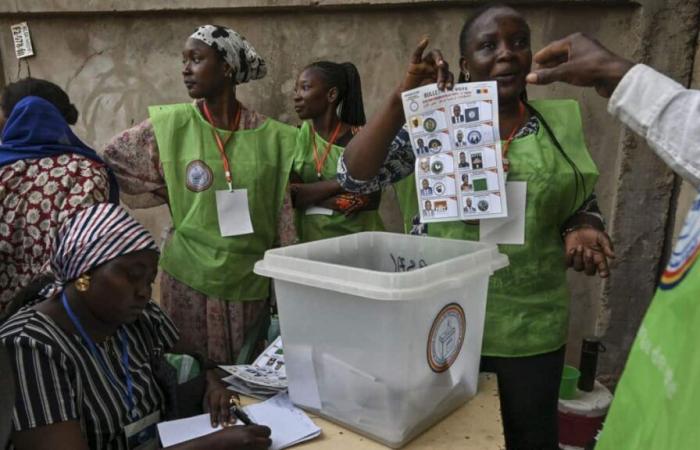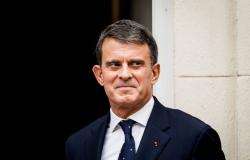The opposition denounces a vote “masquerade” played out in advance because of a National Election Management Agency (ANGE) devoted to power and intends to closely monitor participation, a major issue.
The head of state called on the population to “participate actively” in the ballot in which some 179 political parties or groups take part, with 718 lists and 1,321 candidates for 188 seats in parliament, currently controlled by his party, the MPS.
The vote takes place in a turbulent geopolitical context, with recently the denunciation of the military cooperation agreement with France, a historic ally, attacks by the jihadist group Boko Haram in the Lake Chad region and recurring accusations of interference in the conflict ravaging neighboring Sudan.
For the national rapporteur of the MPS campaign and Minister of Infrastructure Aziz Mahamat Saleh, the next elections “will put an end to the transition” and above all “give a majority to the President of the Republic to translate his political program into reality”.
Mahamat Idriss Déby Itno, 40, recently promoted to marshal, was brought to power by the army in 2021, after the death of his father. In May, he was elected president for five years after a vote deemed fraudulent by the opposition.
Beyond a “return to constitutional order”, “we will witness a generational renewal of the political class in the National Assembly and in local authorities”insists a presidential advisor who prefers to remain anonymous.
The last legislative elections date back to 2011. The assembly was to be renewed in 2015 but the vote was postponed several times due to the jihadist threat, then financial difficulties and the coronavirus epidemic.
The death of President Idriss Deby after thirty years of unchallenged power, followed by the transition led by his son, provided additional reasons to postpone the vote. A 93-member transitional parliament was appointed by presidential decree in 2021.
“Inheritance dynasty”
The opposition denounces a regime that it considers autocratic and violently repressive. “To participate in legislative elections under current conditions is to participate in legislative apartheid”estimates the boss of the Transformers party, Succès Masra, who was defeated in the May presidential election with a score of 18.54%.
President Deby obtained a score of 61.3% with a participation of 75%. “This election is to legitimize the power in place which resembles a succession dynasty and faces enormous challenges both inside and outside the country”agrees Professor Ahmat Mahamat Hassan, constitutionalist teaching at the University of N'Djamena.
After 33 years of the Deby dynasty, Chad, a desert and landlocked country but an oil producer, is in the bottom ranks (189 out of 193) in the world ranking by the United Nations Human Development Index (HDI). The country is marked by poverty, a development deficit and inequalities. It combines several risks, the International Monetary Fund (IMF) recently pointed out in October.
Besides “a possible intensification of regional conflicts” and of “strong fluctuations in oil prices”it is threatened, noted the IMF, by climate change, while floods left more than 500 dead and 2 million displaced during the rainy season.
For Remadji Hoinaty, researcher at the Institute for Security Studies (ISS), the elections are politically without issue because they take place “between yourself, in other words between those who agreed to accompany Déby in the presidential election”. “The seats will be shared and we will end up with a one-color assembly dominated by the MPS party in power, a sort of registration chamber,” he notes.
Sluggish despite the efforts of those in power, the electoral campaign suffered from an information black hole linked to a long strike by the Association of Online Media in Chad (AMET) against publication restrictions. Receiving his rank of marshal on Saturday, the head of state praised “convincing results for the anchoring of democracy” and the “march towards progress”emphasizing that his accession to power had “prevented the country from falling into chaos”.






